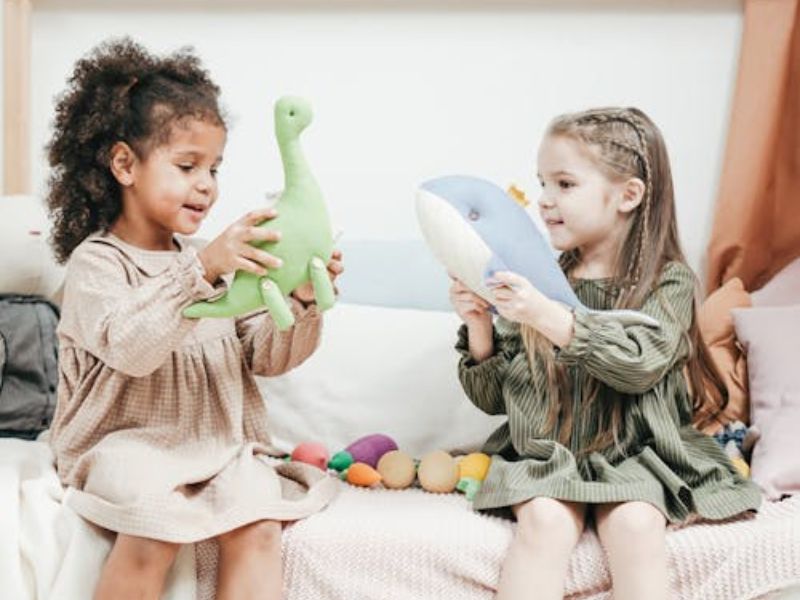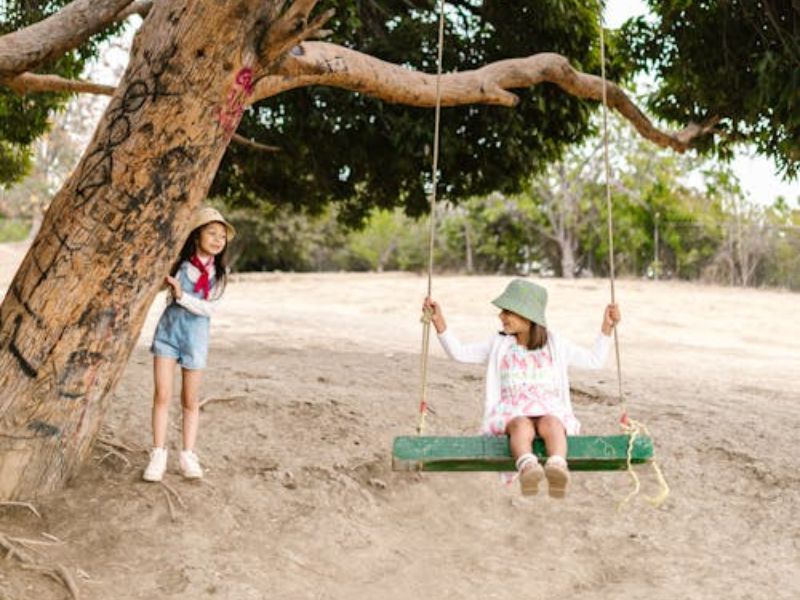The attachment to objects is often the result of childhood experiences.
It is usual for children to develop emotional attachments. A sense of protection, comfort, and validation drives you to connect to others. Attachment can become toxic if you rely too much on others to fulfill your emotional needs.
Cognitive behavioral psychologist Elspeth Bell, Ph.D., says that as we grow older, we may use a security blanket or favorite stuffed toy as a coping mechanism in the absence of secure parents or caregivers.

Image Credit: Pexels/cottonbro studio
Attachment To Objects Isn’t Necessarily Pathological
Keong Yap, DPsych, a psychologist and expert in object attachment at Australian Catholic University, says it is customary to hold on to items. It’s especially true after a significant life event like loss or relocation.
We all have cherished objects that we find challenging to discard, and when they go missing, we become upset and angry. Yap says the problem occurs when those feelings lean to extremes. It can signify insecurity if one feels simultaneously happy, anxious, and sad about their possessions.
Childhood Is Often The Genesis Of Object Attachment
Our attachment tendencies become more apparent with age as we have more money and can buy stuff to comfort ourselves.
In the absence of psychological support, children may self-soothe again with security blankets or stuffed animals, says cognitive behavior psychologist Elspeth Bell, Ph.D. Object attachment can serve as a way to soothe ourselves when facing adverse circumstances.

Image Credit: Pexels/RDNE Stock project
The Signs That You Are Becoming Too Attached
Bell and Yap suggest those who have strained conversations with their loved ones over accumulating items or a messy home have an attachment to stuff problem. The state of your home or a lack of space can lead to issues like being unable to use a room in your house because it’s overrun with items.
How To Seek Help
The International OCD Foundation has created a website dedicated to hoarding disorder, and an online conference will be held in March 2023. It also manages a database of professional organizers, including experts aware of the mental health aspect of object attachment.